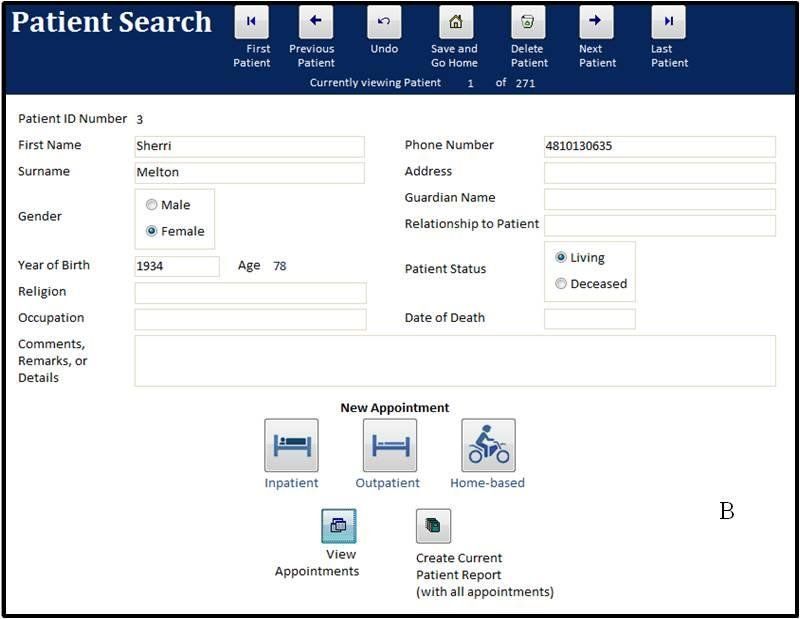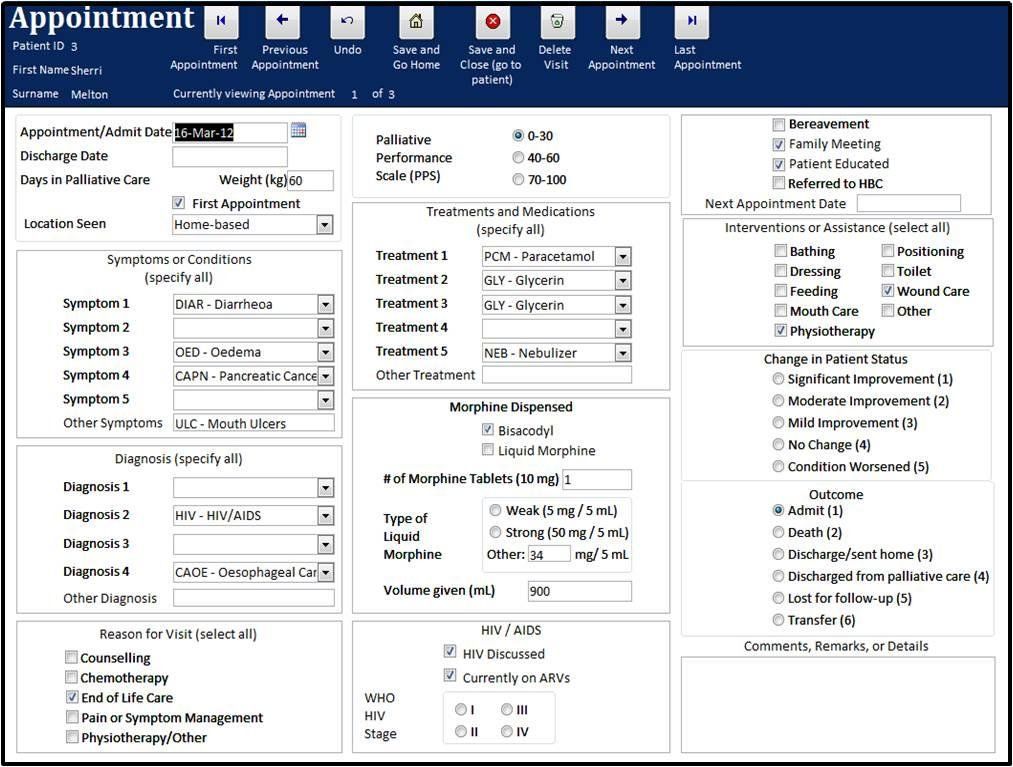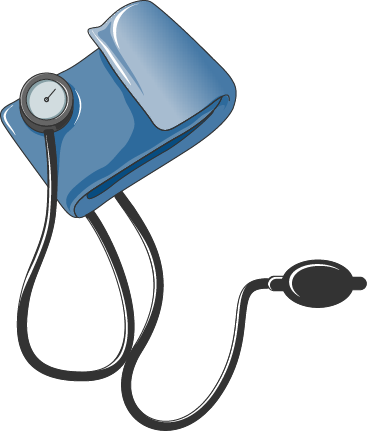DataPall EMR: Free lightweight Electronic Medical Record for Windows
DataPall is a simple free EMR “Electronic Medical Record” for Windows, developed by Kamal Shah a Bioengineering Ph.D. Candidate, who created DataPall while he was a student taking his internship with “RICE 360 Institute for Global Health” St. Gabrial’s Hospital in Malawi.
DataPall provides palliative care service providers a simple yet powerful solution, easy to install, implement and use It also provides easy report generation tool with few options those don’t confuse the non-experienced users.

DataPall was built with technologies many developers may not consider them unsuitable to created a usable product: Microsoft Access. Microsoft Access used to create database powered desktop application in the past, but many developers now-days go for alternatives even for small apps.
DataPall EMR Features
- Patient medical records management
- Patient tracking ( inpatient, outpatient, and home-based care )
- Appointment management
- Volunteers management
- Skipped patient appointment (Missing appointments management)
- Simple easy-to-use report generator

DataPall has been approved for use by Malawi Ministry of Health, But there is no enough information how many clinics are using it right now.
RICE 360 has internship and fellowship programs, DataPall EMR was the result of a student's internship assignment, However, the fellowship program is dedicated for developing low-cost, high-performance health technologies in low-resources settings as developing countries, Which means DataPall EMR is one of many projects, hopefully, they will share it with the world. But, wouldn't it be more efficient to use open source/ Libre products, or adapt, extend and scale open source projects like GNU Health or OpenHospital?
- DataPall download
- DataPall is licensed under Creative Commons Attribution ShareAlike License V3.0

